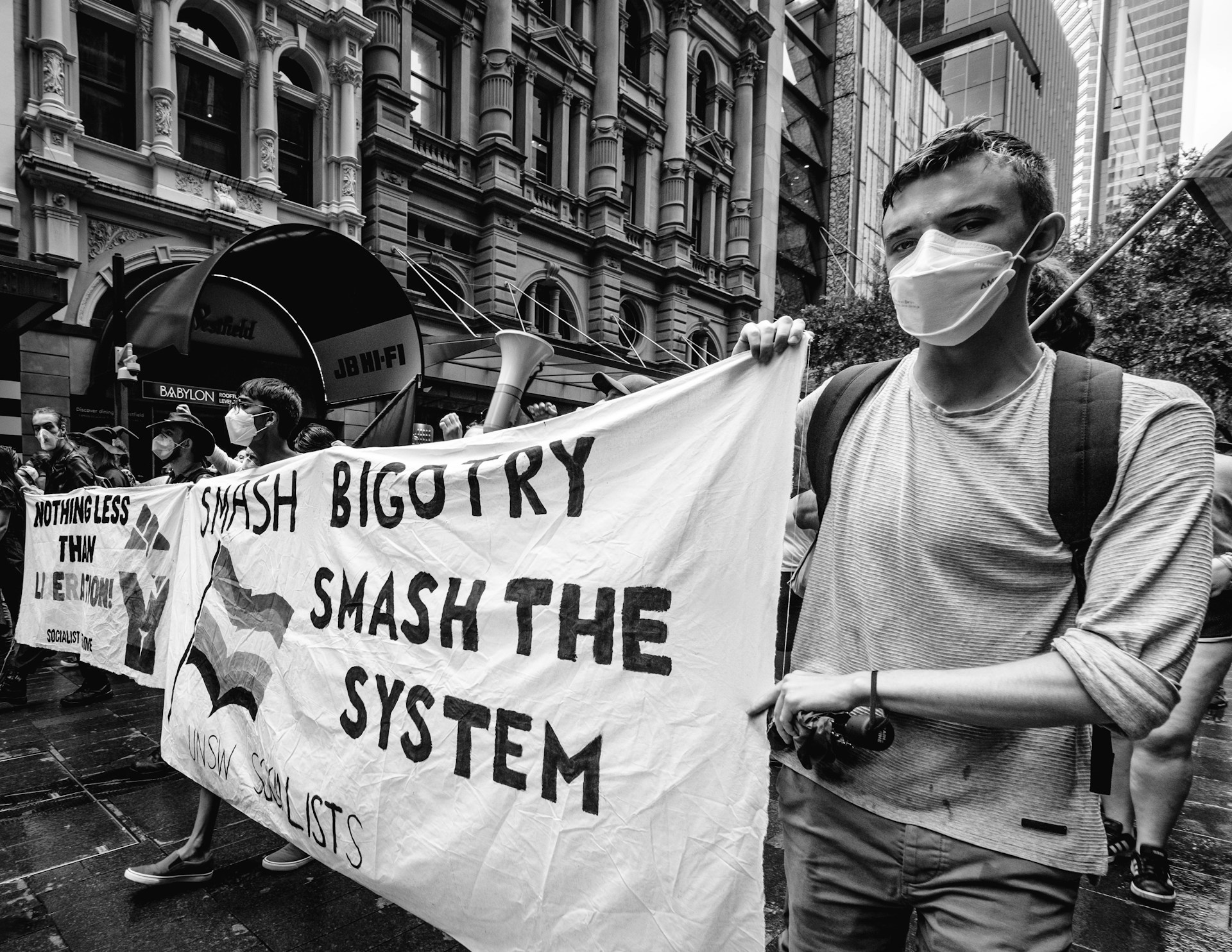Many members of the LGBTQ family have been targeted by a hate crime at some point in their lives or, at the very least, understand what it means to experience hate-driven speech or actions that don’t quite amount to “criminal” activity. For example, find me a gay man who hasn’t heard the word “faggot” screamed from a car driving by. You can’t! Every gay guy has experienced this kind of relentless behavior.
But violence is different. Although it can be scary to address violence when you don’t know how the people around you will react, we always, always, always feel obligated to recommend immediate legal action. Call the police before you do anything else. They will want to know exactly what happened, and will try to apprehend the alleged perpetrator if possible. Any witnesses on site will be interviewed if they’re doing their jobs the way they’re supposed to!
If you haven’t suffered a major injury, try to speak with the people nearby about what they may have seen or heard if possible. Ask if they’re willing to let you record their statements. Don’t press the issue if they are unwilling! This information can be tremendously useful to an attorney if you decide to go that route (and you should). If any property was damaged, take pictures of the damage now.
Next, seek medical treatment. Make sure you don’t overlook any injuries. If you come back tomorrow, it’ll be much harder to pin it on the perpetrator of yesterday’s attack. Take as many pictures of the wound or injury before a nurse or doctor views you. These photographs will go in the folder you hand to your attorney later, and may be used to obtain a settlement or during trial.
Compile all your bills into a folder with the photographs and any notes you have on witness statements or interactions with the police.
Most personal injury attorneys will provide a consultation free of charge, which means you can call and speak to anyone, like Koonz McKenney Johnson & Depaolis LLP if you reside in the Washington D.C. area. We strongly recommend you contact an attorney to learn about avenues of compensation. For example, you can sue for restitution through the criminal system or you can sue in civil court for compensation. Your lawyer will obtain a copy of the police report.
Another thing that often gets overlooked is your thoughts and feelings on being the victim of a hate crime. How were you hurt? In addition to emotions, use a journal to track your physical recovery. These notes can go a long way to persuading a judge that you deserve more damages.
Next steps include contacting your support group. Tell friends and family what happened and discuss how you feel. Find a therapist if necessary. You might also decide to contact any local LGBTQ community centers or organizations to report the incident. They can provide a number of helpful resources, including legal recommendations.
